When we talk about Toronto home affordability income requirements, the numbers are shocking. The dream of owning a home here is slipping away for many. I have friends who wonder not about which area to buy in, but if they can even buy at all.
The home affordability crisis is real. The question today is simple — what income is needed to afford a home in Toronto? Let’s talk about it together.
In this guide, I’ll walk you through the exact income requirements, the affordable housing crisis in Toronto faces, and what you can do as a buyer, seller, or renter. We will look at hard data, discuss the Toronto housing shortage, and even ask, Will Toronto real estate crash? Let’s get into it.
How Much Do You Need to Earn to Buy a Home in Toronto?
Let’s start with the numbers. In 2025, the average home price in Toronto is over $1.1 million. That means:
- With a 20% down payment, you need about $220,000 upfront
- You also need to qualify for a mortgage of about $880,000
- At today’s interest rates (around 5.5%), that means you need a household income of at least $210,000 to $230,000/year
- If you put down less than 20%, your monthly payments go even higher
That is the reality. For many, this number feels out of reach. This is why Toronto home affordability income requirements have become one of the biggest barriers to entry.
If we compare home affordability in the 25 largest cities, Toronto is among the least affordable. The price-to-income ratio here is over 10, while a healthy market usually sits between 3 and 4. This makes Toronto one of the toughest markets for first-time buyers.
If you’re looking to grow your career, joining top real estate brokerages is a smart move. These trusted firms offer experienced mentors, training, and opportunities to build a strong client base.
Housing Crisis in Toronto – Why is Real Estate So Expensive?

Toronto’s real estate market is a puzzle with many pieces, and no single factor can explain why prices are so high. It’s more like a perfect storm of issues that feed off each other.
1. Supply and Demand Imbalance
The main issue is simple: Toronto doesn’t have enough homes for everyone who wants one. More people keep moving to the city, but the number of houses we’re building isn’t keeping up. The demand is way higher than the supply, driving up prices.
2. High Population Growth & Immigration
Toronto attracts newcomers every year, whether for jobs, schooling, or better opportunities. Thousands of people arrive each month, putting even more pressure on the housing market. This constant influx makes it harder for locals to find affordable homes or rent in their price range.
3. Past Low Interest Rates
For a long time, borrowing money was cheap. This made it easier for people to buy bigger homes and take on more debt. As a result, home prices shot up. Even though interest rates have gone up recently, prices haven’t fallen as much as expected, keeping affordability out of reach for many buyers.
4. Rising Land and Construction Costs
Building homes in Toronto is expensive. Land is pricey, and construction costs (materials, labour) are some of the highest in Canada. This makes it hard to build homes that are affordable for the average person.
5. Speculation and Investment
Toronto is also a hot spot for real estate investors, both local and from abroad. They treat homes as investments, which adds extra demand. This competition pushes prices even higher, making it harder for people who want to buy a home to live in, not just to invest in.
By the Numbers – Home Affordability Crisis Statistics
Looking at Toronto housing crisis statistics helps us see the big picture. Let’s see what the data reveals about our market’s tight spot.
1. Price-to-Income Ratio
Toronto’s average price is more than 10 times the average income. A healthy market targets 3-4 times household income.
2. Rental Vacancy Rate
Vacancy rates for apartments in Toronto hover below 2%, which means landlords can charge a premium because options are scarce. This makes the rental crisis in Toronto tenants face even worse.
3. Year-over-Year Price Growth
While there are ups and downs, home prices have risen steadily over the last 20 years, pushing affordability further out of reach for most.
4. Time to Save a Down Payment
Saving the 20% down payment isn’t a short-term goal any longer. For many, it could take decades—if saving is even possible with living costs so high.
Looking to dive into real estate investment in Toronto? Learn about the best areas for profitable investments, current market trends, and how to maximize returns. Our latest blog provides expert advice to help you succeed in Toronto’s real estate market.
Looking Ahead – Will Toronto Real Estate Crash?

Like you, I’ve wondered if this bubble will burst. The answer? Most experts say a crash is unlikely.
Here’s why:
- Population growth remains strong. People still want to live here.
- Mortgage stress tests protect buyers from borrowing more than they can afford.
- The government doesn’t want a crash—housing supports the economy.
- Instead, a slow price correction or stagnation is more expected, letting incomes hopefully catch up over time.
Curious about the richest areas in Toronto? Discover exclusive neighborhoods with luxury homes, upscale amenities, and prime locations. Learn about the top spots for investment, lifestyle, and high-end living in our latest blog post.
Solutions: How to Fix the Home Affordability Crisis
Fixing Toronto’s home affordability crisis won’t be easy, but with the right actions, it’s possible. The solution involves multiple steps that work together to address the Toronto. Let’s go through them:
1. Build More Homes, Faster
First things first, we need more homes. There simply aren’t enough being built to meet the demand. To solve this, we must speed up construction and build at a much higher rate. More homes mean more choices, and that helps bring prices down.
2. Approve Projects Quickly
The approval process for new housing projects can take years. Streamlining this process is essential. By making it easier and faster to approve new developments, we can get more homes on the market sooner. This helps ease the supply shortage and relieves some of the pressure on prices.
3. Allow Different Types of Housing
It’s important to get creative with the types of homes we allow. Duplexes, triplexes, and laneway homes should be more widely permitted in Toronto. These smaller, more affordable housing options can provide a much-needed alternative to single-family homes, especially in neighborhoods where space is limited.
4. Control Speculation and Short-Term Rentals
Speculation by investors drives up prices and makes it harder for people to find a home to live in. Tightening rules around speculative buying and short-term rentals could help reduce demand from investors who aren’t looking to actually live in the homes. This could open up more options for those who need a place to call home.
5. Support Renters with Protection Programs
Renters are also facing a tough time. Rent protection programs are essential to ensure tenants aren’t priced out of their homes. This could include rent control measures, tenant protections against evictions, and support for affordable rental housing.
Final Thoughts: Finding Hope in a Tough Market
I know Toronto home affordability income requirements might feel overwhelming, but understanding the problem is the first step toward finding real solutions. Knowledge is power. Whether you’re a buyer, renter, or even a new agent, there’s still hope. You can find your place in Toronto.
Start by working with a trusted real estate agency. A good agent will help you navigate the market, avoid mistakes, and find the best options for your budget.
Ensure to follow the latest market trends—keeping up with Toronto housing market statistics is key. These trends can give you insights into what’s happening, which areas are more affordable, and where to focus your search.
Toronto is still one of the most exciting cities to live in. The culture, the job opportunities, the lifestyle—it’s a city that has a lot to offer. Yes, the affordable housing crisis in Toronto is real. The numbers are tough to look at. But with the right strategy, you can make it work.
If you’re determined to find a home, there are still options. You might need to be flexible, think outside the box, or consider different neighborhoods. There are also financial programs and new initiatives that could help you along the way.
The bottom line? You can still make your dream of living in Toronto a reality. The path might be a bit tougher, but with the right plan, you’ll get there. Just stay informed, be proactive, and work with the right people who understand the market.
Looking for a reliable real estate agency in Toronto? Our expert team helps buyers, sellers, and investors navigate the market, find great deals, and make smart property decisions. Get started today!






